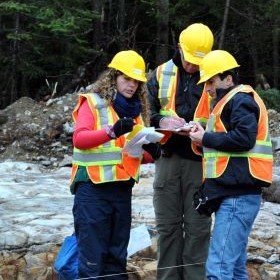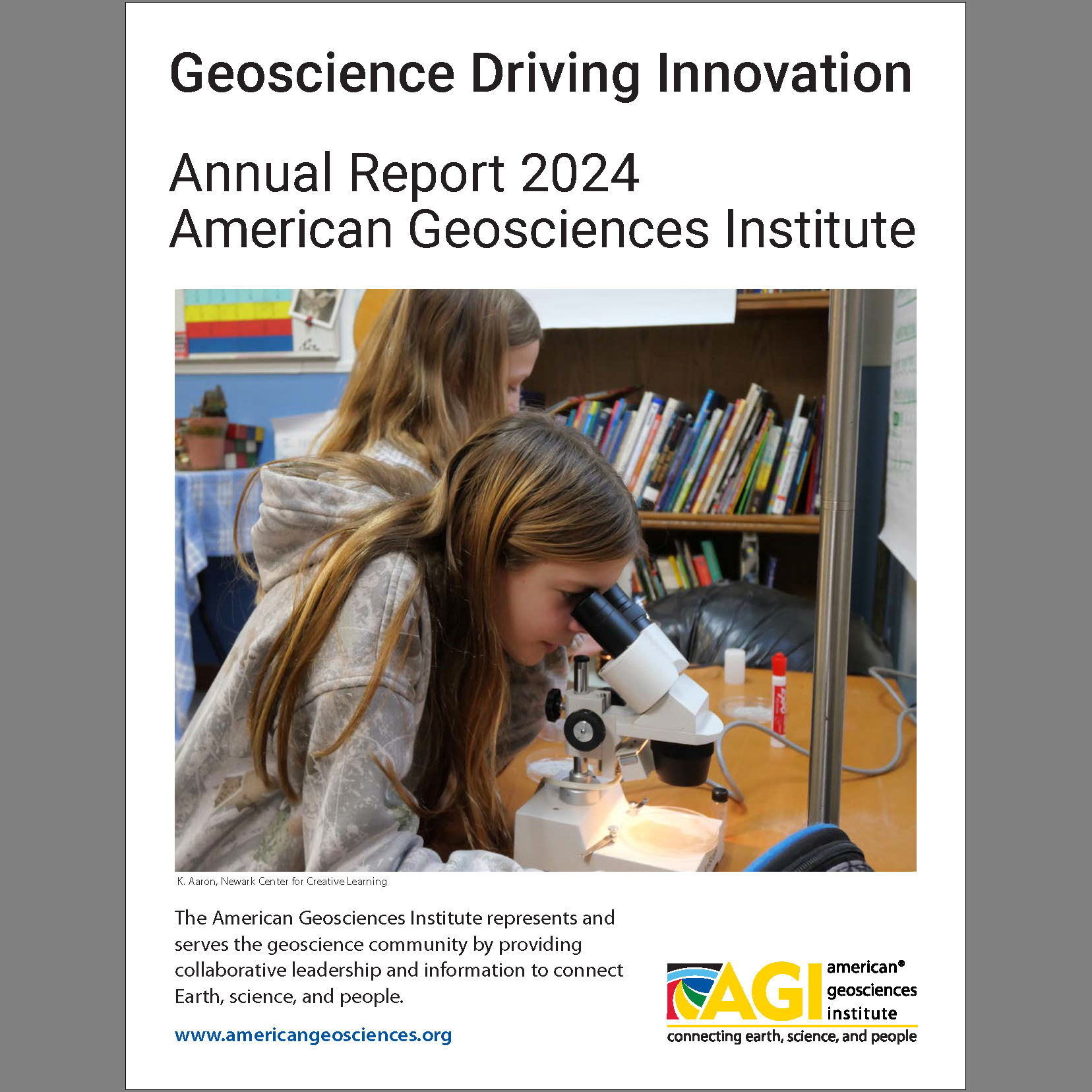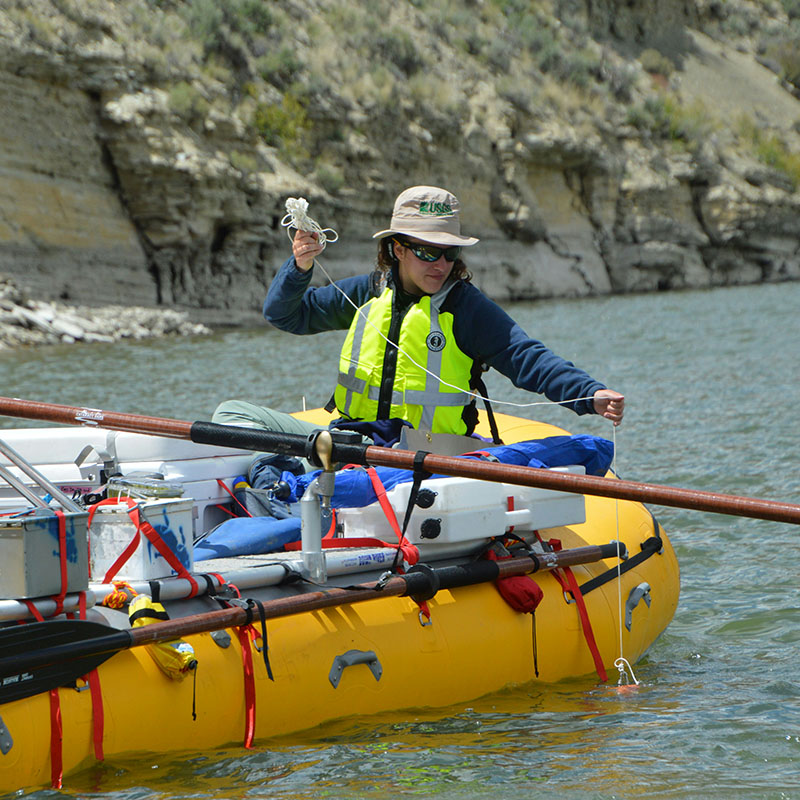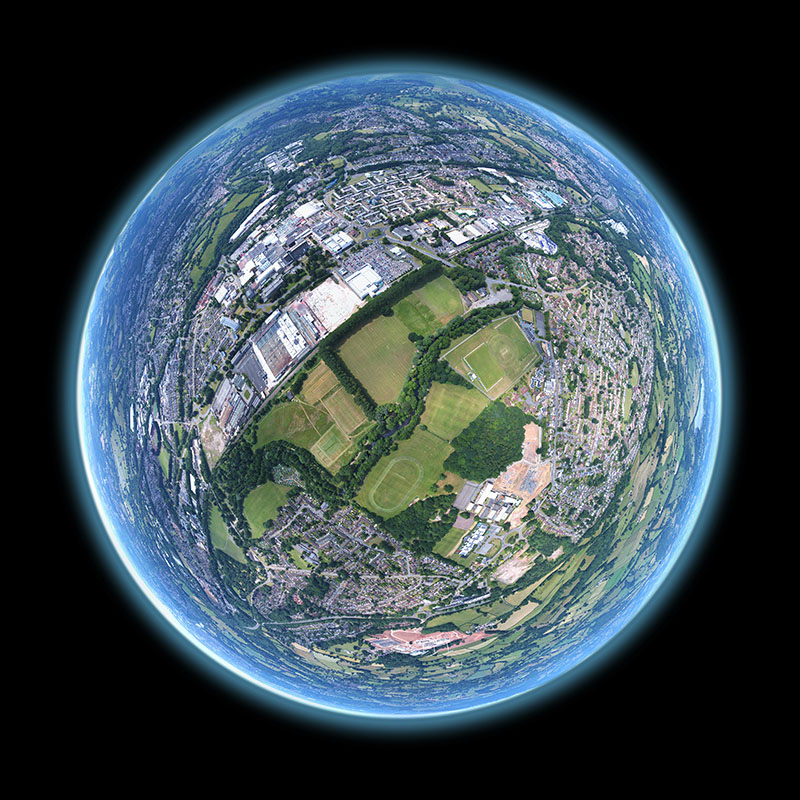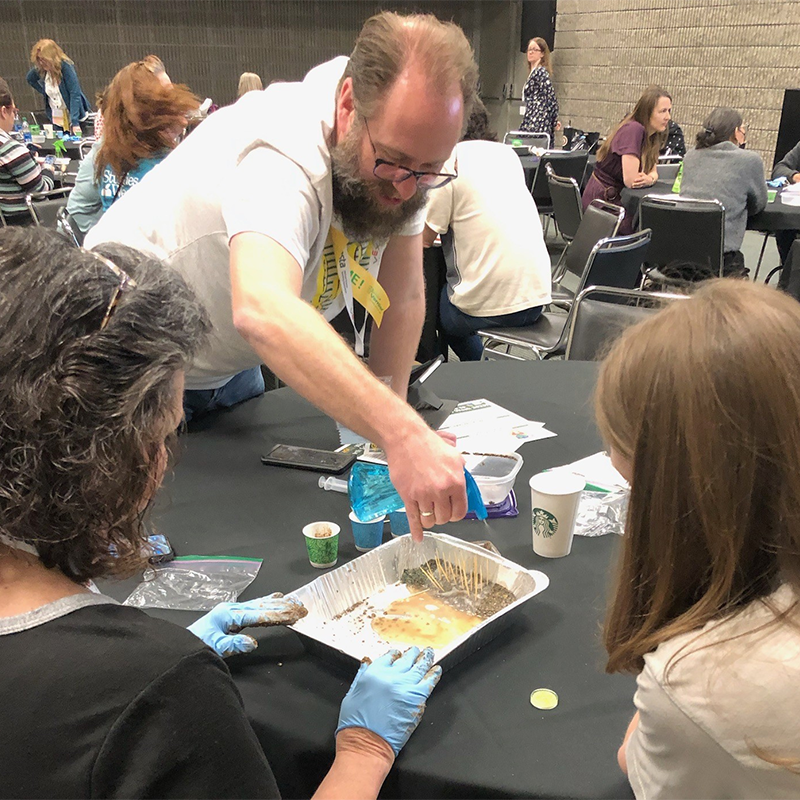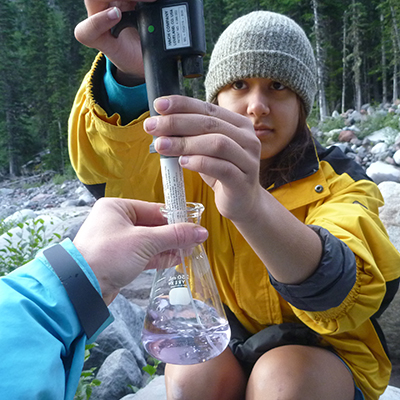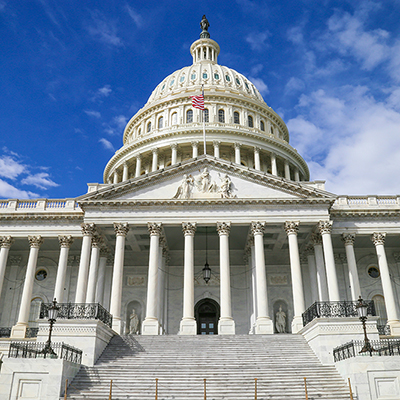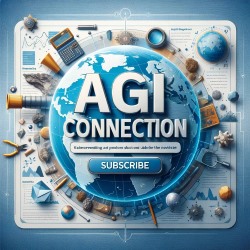About the American Geosciences Institute
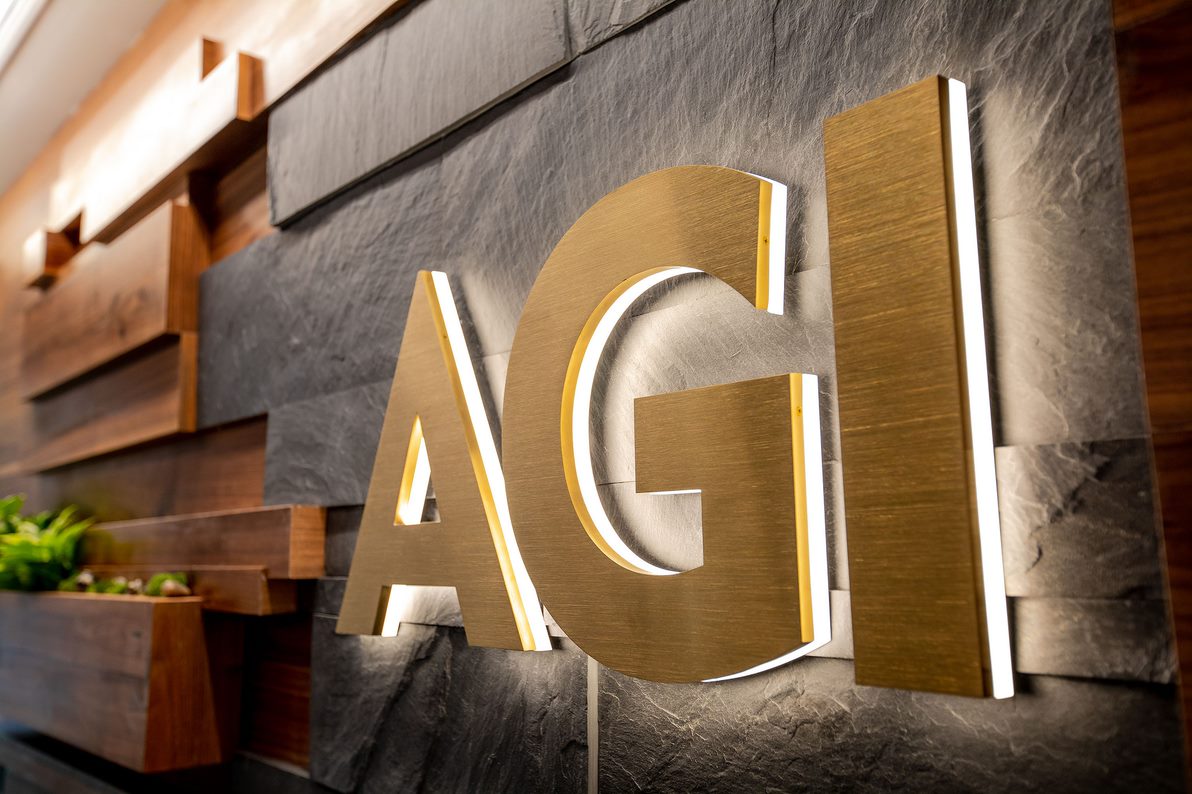
Discover AGI’s rich history, leadership, and strategic vision and join a thriving network committed to transforming how society interacts with our planet. Engage with AGI today and help drive the future of the geosciences!
About the Institute
The American Geosciences Institute represents and serves the geoscience community by providing collaborative leadership and information to connect Earth, science, and people.
— AGI Mission Statement
The American Geosciences Institute (AGI) was founded in 1948, under a directive of the National Academy of Sciences, as a network of associations representing geoscientists with a diverse array of skills and knowledge of our planet. The Institute provides information services to geoscientists, serves as a voice of shared interests in our profession, plays a major role in strengthening geoscience education, and strives to increase public awareness of the vital role the geosciences play in society’s prosperity, use of resources, resilience to natural hazards, and the health of the planet.
AGI is a not-for-profit 501(c)(3) organization dedicated to serving the geoscience community and addressing the needs of society. AGI headquarters are in Alexandria, Virginia.
Governance
AGI Awards
AGI directly, or in cooperation with its Member Societies, makes a number of awards each year to recognize particular excellence in the geosciences. In addition, AGI works with its Member Societies to foster nominations of deserving geoscientists for consideration in a number of National Science Awards. Read more about all of these awards on our Awards page
AGI News and Information
AGI publishes press releases and its AGI Connections newsletter to highlight AGI news and developments from across the geoscience federation. Each quarter, AGI Connections is distributed to society leadership and any interested members of the geoscience community. Help us share important geoscience events by contacting Geoff Camphire, AGI Communications.

